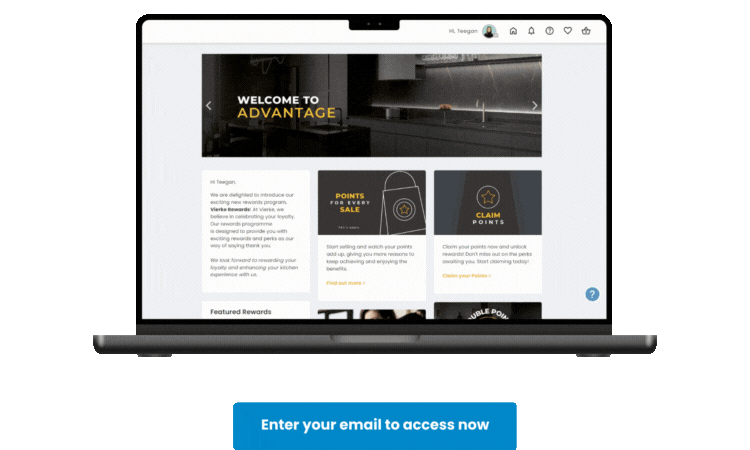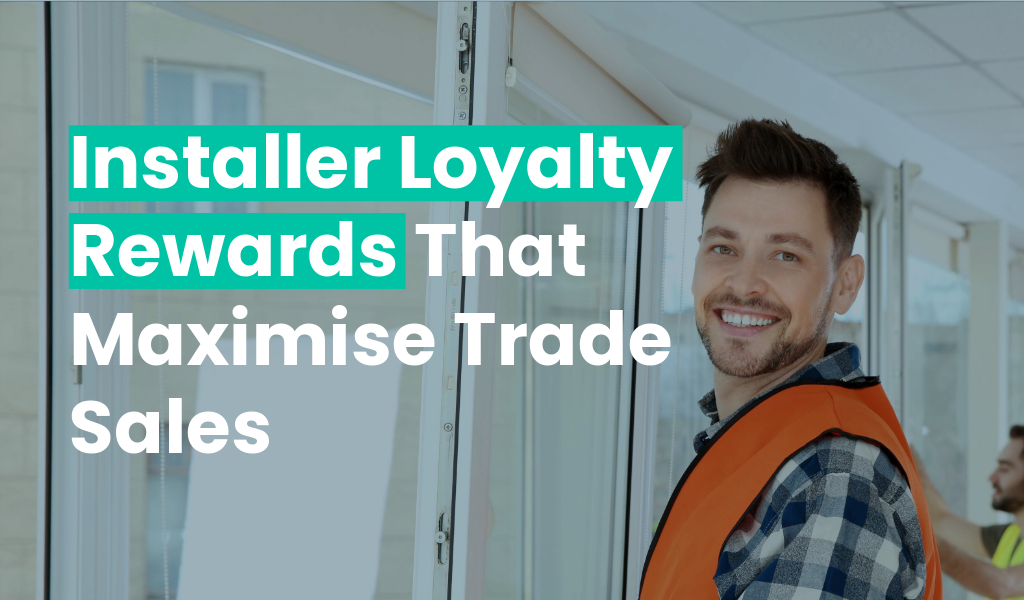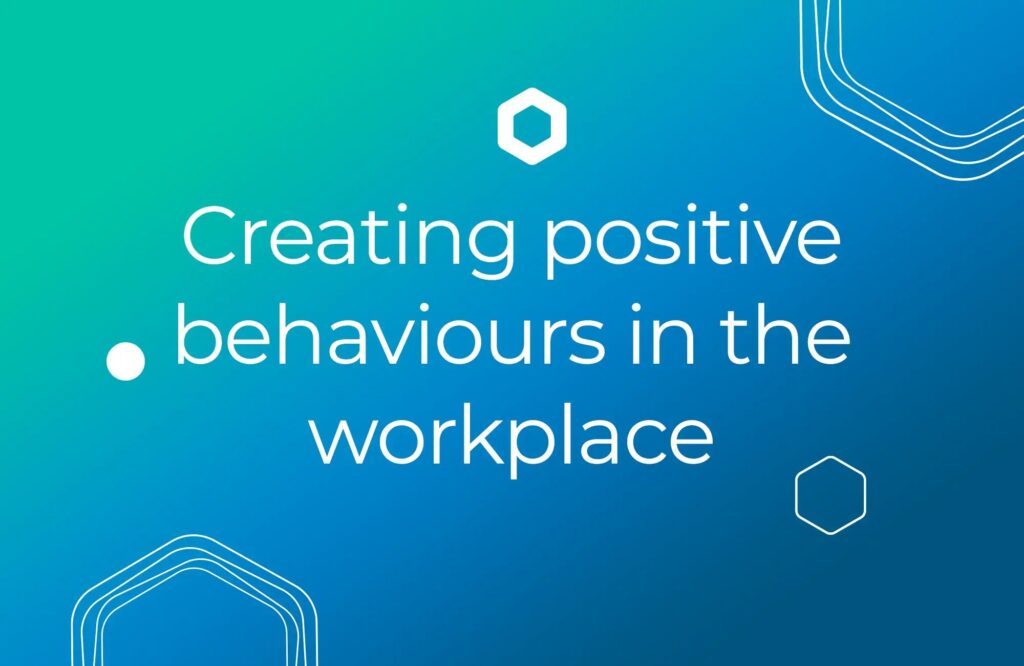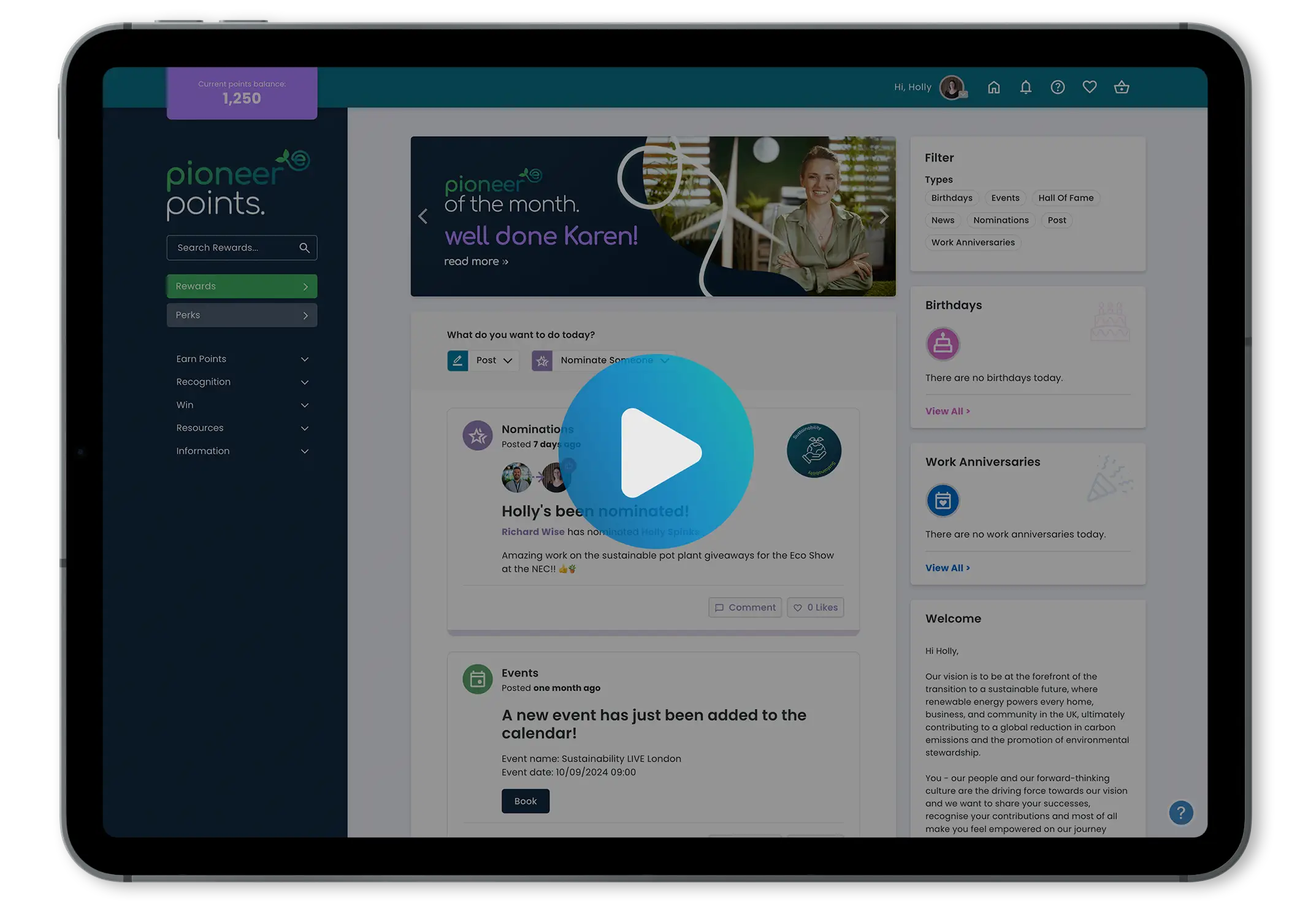


If you’re thinking about making a purchase, let’s say a new TV, how likely is it that you would read the reviews or listen to friends’ recommendation before committing to buy?
According to Trustpilot, 89% of consumers worldwide make the effort to read reviews before buying products. After all, who better to give feedback on the product than those who have actually used it?! Also, Extole reported that when referred by a friend, people are 4x more likely to make a purchase.
Let’s explore further why brand recommendations are important for your business.
 Reviews and recommendations help customers make informed decisions.
Reviews and recommendations help customers make informed decisions.
Both reviews and recommendations are a great way to hear from the horse’s mouth. There’s no over-selling or marketing waffle, it’s just complete and utter truth from someone who has used the product or experienced the service. Reviews and recommendations help potential customers make more informed purchase decisions before they agree to make that commitment. But can they be just as beneficial for the business who’s being reviewed? We think yes…
 Reviews help businesses shape their offering and sell more.
Reviews help businesses shape their offering and sell more.
Collecting reviews is mutually beneficial to both businesses and consumers. For businesses, creating a feedback loop with customer reviews is a sure-fire way to understand more about the areas of your business your customers care about. From this feedback, you can shape your offering and make it even better! And of course, there’s no denying that customer reviews can help increase sales.
 Product recommendations influence buyer behaviour.
Product recommendations influence buyer behaviour.
It’s not just customer reviews that can influence purchasing decisions, but also personalised online experiences that offer product recommendations. Think to the last time you were online shopping. Did you notice a “you may also like” section? Did you respond to this personalised call-to-action? If you did, you’re not alone! In fact, the E-Tailing Group found that 77% of online shoppers admit to have made additional purchases based on personalised product recommendations.
 Loyalty programmes encourage brand recommendations.
Loyalty programmes encourage brand recommendations.
Did you know that customer loyalty programmes also encourage recommendations? In fact, YouGov recently found that a significant proportion of customers say they are more likely to recommend a brand once they are a member of its loyalty programme. YouGov has developed a framework which explores this tendency.
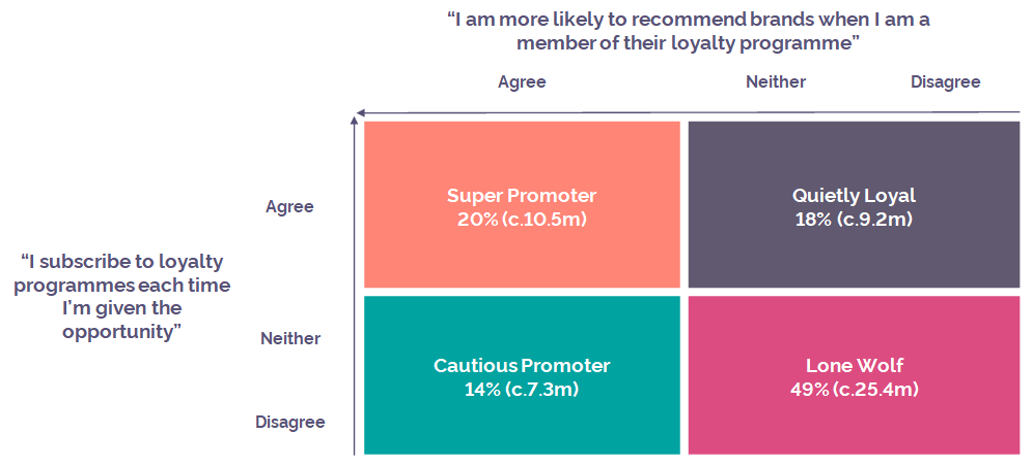
YouGov goes onto explain what each of these groups mean:
- Super Promoter: This group subscribes to loyalty programmes each time they
are given the opportunity and are more likely to recommend brands when they
are a member of their loyalty programme. - Quietly Loyal: This group features consumers who subscribe to loyalty
programmes each time they are given the opportunity but aren’t more likely to
recommend those brands. - Cautious Promoter: While this group is a little more choosy – they don’t
subscribe to loyalty programmes each time an opportunity comes up –
Cautious Promoters are more likely to recommend brands whose programmes
they are subscribed to. - Lone Wolf: This category, which represents almost half the British population,
features those who don’t readily subscribe to loyalty programmes and nor are
they more likely to recommend the brands that they subscribe to. Due to the
size of this segment, it has not been profiled for this framework.
Continue reading about the YouGov framework.
As a business, the objective is obviously to maximise the number of super promoters, but equally important is the need to engage and capitalise on changing the mindset of the cautious promoter by getting it right first time. By getting it right first time you will not only retain customers moving forward, but you will build customer loyalty, create brand advocates and increase efficiency at the same time.
Book some time to chat and we’ll help you understand your customers better, and create that long-term fan base.
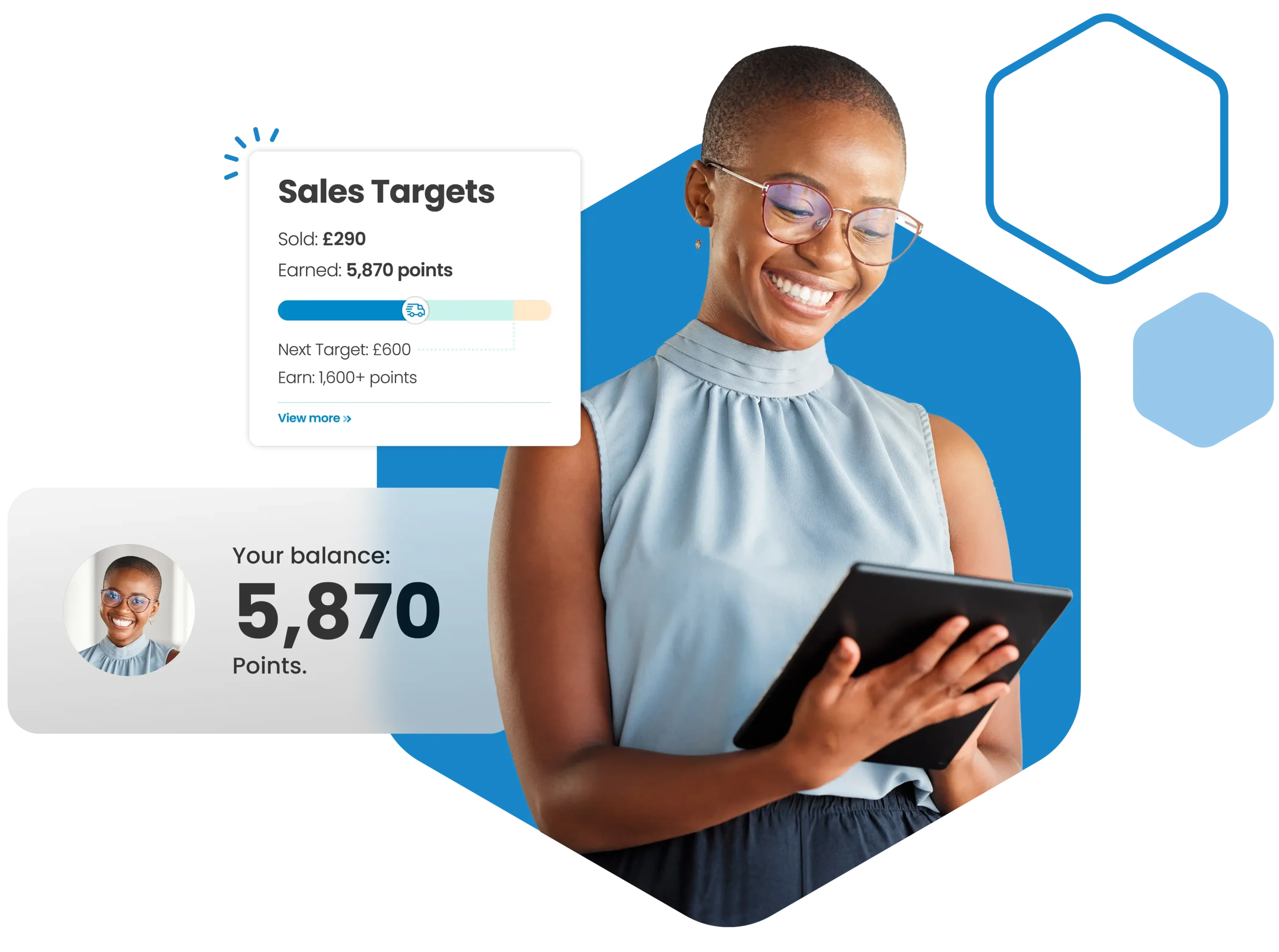

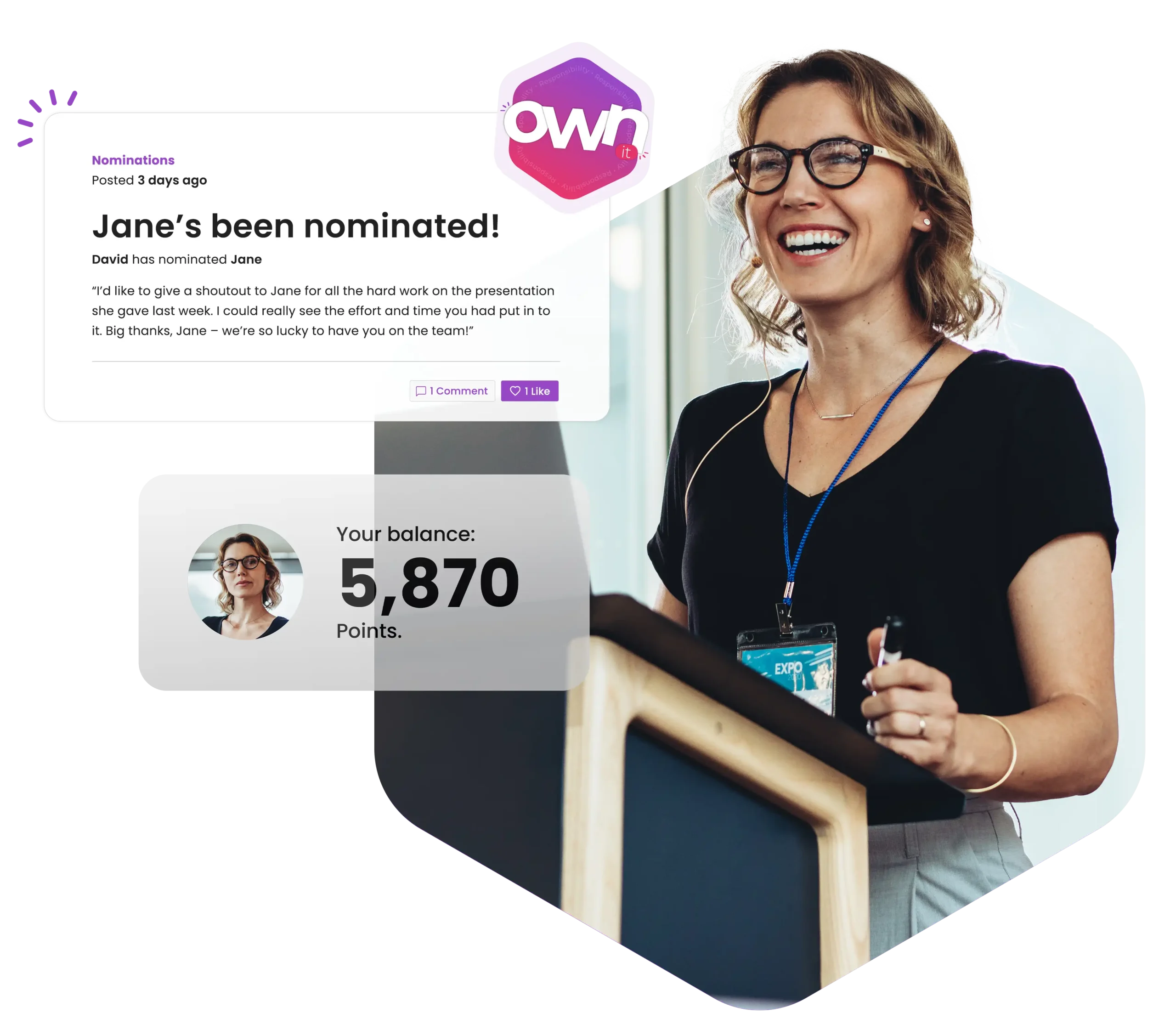
![How to keep customers coming back for more{{ include_custom_fonts({"Poppins":["Semi Bold"]}) }}](https://no-cache.hubspot.com/cta/default/5921162/interactive-188375258646.png)
